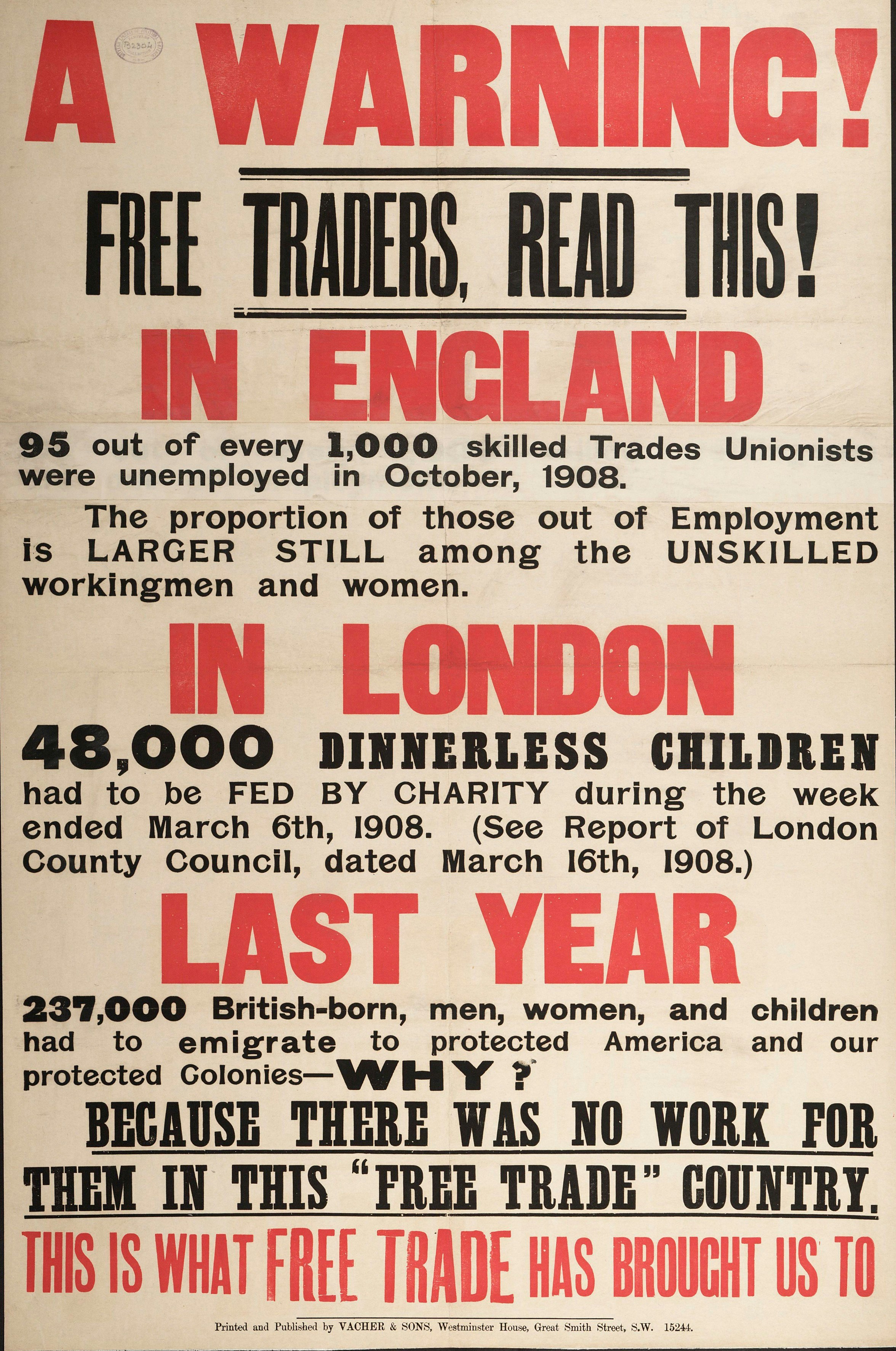
On a heat, sunny June morning, village residents collect within the tranquil primary sq.. They’ve assembled to conduct an historical ritual, the which means of which has been misplaced to time. One after the other, they draw slips of paper from an outdated wood field.
In the event you went to high school in the US after 1950 or so, you most likely know the way this story ends (and for those who don’t, be ready for a 75-year-old spoiler): The one that attracts a slip with a black dot is stoned by all of his or her neighbors.
Shirley Jackson’s brief story “The Lottery,” which first appeared in The New Yorker within the situation of June 26, 1948, is now so acquainted as a cultural touchstone that it may be stunning to find out how stunning it initially appeared. The story went viral, in the way in which a brief story might again then. {Couples} learn it collectively and debated what it meant. Over 150 letters flooded into The New Yorker’s places of work, extra mail than the journal had ever earlier than acquired for a piece of fiction. Readers known as the story “outrageous,” “ugly” and “totally pointless”; some canceled their subscriptions. I spoke to a type of readers greater than a decade in the past, and she or he nonetheless remembered, some 60 years later, how deeply the story had upset her.
When “The Lottery” was printed, three years after the tip of World Struggle II and firstly of the Chilly Struggle, many readers speculated that, given its obvious themes of conformity and cruelty, it was an allegory for McCarthyism or the Holocaust. Through the years, it has grow to be a dependable reference when discussing some social improvement or troubling development. Folks have heard its echo just lately within the insurance policies of Donald Trump’s MAGA populism or within the perceived excesses of the censorious mob. In Harper’s Journal, the critic Thomas Chatterton Williams used it as a metaphor for cancel tradition, which he advised was a recent analogue to stoning. For the humorist Alexandra Petri, it served as the premise for a parody concerning the absurdities of the U.S. well being care system.
However studying “The Lottery” as a connect-the-dots political commentary misses the first supply of the story’s energy: its ambiguity. Jackson intentionally declined to wrap up the ending neatly for her readers, a few of whom (in a foreshadowing of the response to the finale of “The Sopranos”) requested whether or not The New Yorker had unintentionally not noted an explanatory remaining paragraph. That’s why it has retained its relevance throughout the a long time: not due to any apparent message or ethical, however exactly due to its unsettling open-endedness. The story works as a mirror to replicate again to its readers their present preoccupations and considerations, which is why readers might see McCarthy in it 75 years in the past and Trump in it at present. That high quality can be what makes studying “The Lottery” for the primary time so distressing — reminding us of the very important service literature can carry out once we enable it to disturb us.
As we speak, readers throughout the political spectrum appear to be dropping their urge for food for literary discomfort. Activists on the far proper have been profitable in banning books from libraries and college curriculums that contradict conservative mores, significantly these with L.G.B.T.Q. themes — a drastic step that threatens freedom of thought. Extra liberal readers, too, have proven a reluctance to tolerate fiction that ruffles their political sensibilities — particularly on the planet of younger grownup fiction, the place a number of high-profile writers have canceled or delayed books coping with topics which have generated controversy. A couple of weeks in the past, the best-selling writer Elizabeth Gilbert determined to delay the publication of a brand new novel set within the mid-twentieth-century Soviet Union after on-line commenters, citing the battle in Ukraine, protested that the novel sounded prefer it solid Russia in a romantic gentle.
It’s true that what reads as discomfort for one individual can really feel like aggression to a different. Nonetheless, the thought that authors ought to work to keep away from offending anybody is a recipe for unhealthy writing. Once we use social or political litmus assessments to judge literature, to borrow a line from the critic Wesley Morris, “It may be laborious to inform once we’re consuming artwork and once we’re conducting H.R.” If we view mental dissonance as an issue to repair relatively than a possibility for dialogue, our cultural local weather suffers. The dearth of an simply digestible message is why a brief story induced outrage in readers when it first appeared — however it’s additionally the rationale we’re nonetheless speaking and enthusiastic about it 75 years later.
I used to be reminded once more of that high quality in 2017 by a unique story in The New Yorker. Simply because the #MeToo motion was getting underway, “Cat Individual,” a brief story by Kristen Roupenian, went viral for very related causes. The story is an account of a relationship carried out primarily by textual content and culminating in a foul date adopted by worse intercourse, ending — like “The Lottery” — with a bombshell that readers are left to course of and interpret on their very own. The response was not not like the response to “The Lottery.” “Folks get indignant once they can’t determine what one thing means,” Ms. Roupenian advised me. “However the discomfort is the which means.”
Nice writing can entertain, enlighten and even empower, however considered one of its best items to us is its potential to unsettle, prodding us to seek for our personal ethical within the story. “A guide should be the ax for the frozen sea inside us,” Kafka as soon as wrote. Tales like “The Lottery” create waves in that frozen sea. We stifle and censor them at our peril.
Ruth Franklin is the writer of “Shirley Jackson: A Moderately Haunted Life.”






